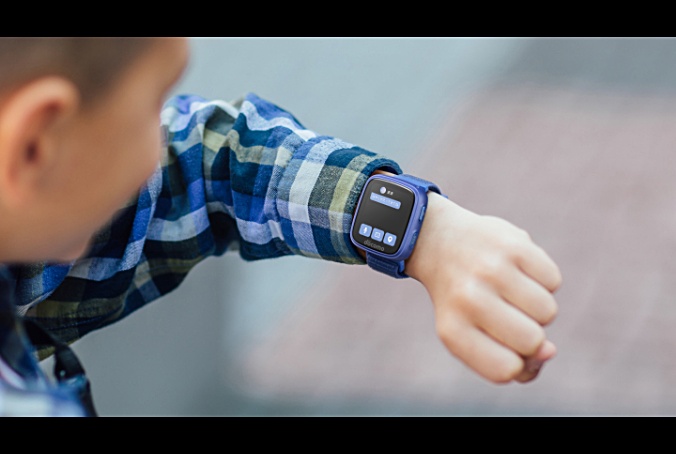A new research study has discovered that openly prescribed placebos can be as effective as prescription drugs, steroid injections, and even surgery when it comes to providing relief for chronic back pain sufferers. What makes this study unique is that patients were informed that they were receiving a placebo, yet it still provided relief.
Although the idea of placebos offering pain relief is not entirely new, this study breaks ground by revealing the truth to participants about receiving a placebo, which goes against the common practice of concealing this information.
The researchers stated that to their knowledge, the brain mechanisms of open-label placebo (OLP) treatment in a patient population have never been investigated. Open-label placebos are placebos that are honestly prescribed and disclosed to both patients and clinicians.
The research team set out to uncover the mechanisms by which placebos alleviate back pain. It was traditionally believed that placebo treatments are effective by deceiving the patient with a false narrative of actual treatment. However, this belief has been upended through the investigation of open-label (OLP) treatments, which are openly acknowledged to be placebos.
During the study, half of the participants received a single saline injection to their back, while the other half did not receive any additional treatments. Saline does not provide any health benefits, according to Yoni Ashar, assistant professor of neuroscience at the University of Colorado Anschutz Medical Campus and first author of the study.
Participants who received saline were informed that they were receiving a placebo and were also told that placebos could have health benefits.
The participants, who had suffered from back pain for at least half of the days during the previous six months, were recruited from the Boulder, Colorado area between 2017 and 2018. To investigate the brain mechanisms, functional magnetic resonance imaging (MRI) was used to compare the placebo group with the usual care group. The results showed that the placebo reduced chronic back pain intensity one month after treatment compared to the usual care.
Although the pain relief did not persist throughout the one-year follow-up, the researchers noted significant improvements in depression, anger, anxiety, and sleep disruption.
In another study, it was found that female hotel maids who were informed that their work of cleaning rooms constituted good exercise experienced numerous benefits after four weeks, including weight loss, lower blood pressure, and reduced body fat, despite no noticeable change in behavior. This case demonstrates the placebo effect, which is not a physical treatment but a procedure that creates a connection between the mind and body.
Lead researcher Yoni Ashar emphasized that this study showcases the power of the human psyche. He stated, “Our results point to the power of healing rituals, even when people know the ritual is essentially a ritual.”
Discover more from Tension News
Subscribe to get the latest posts sent to your email.

